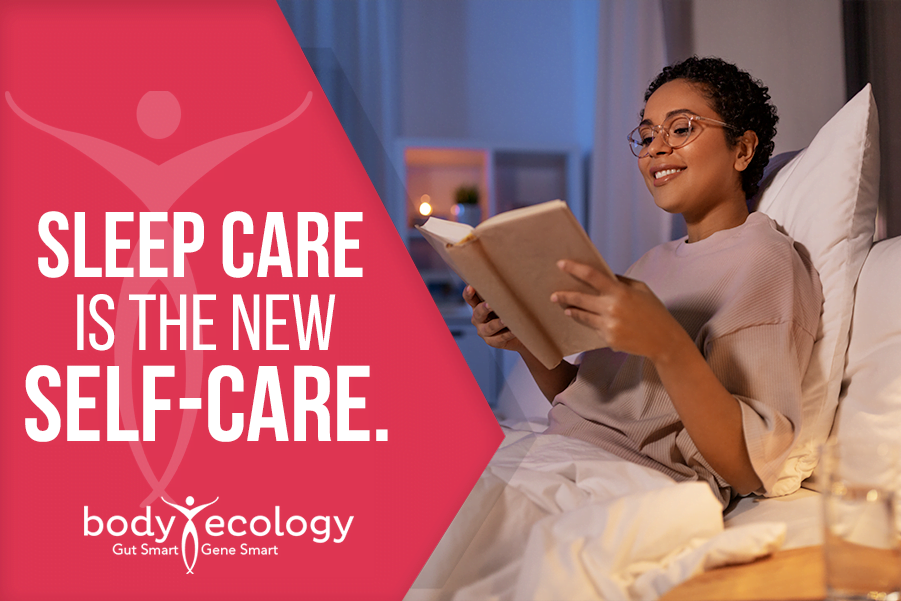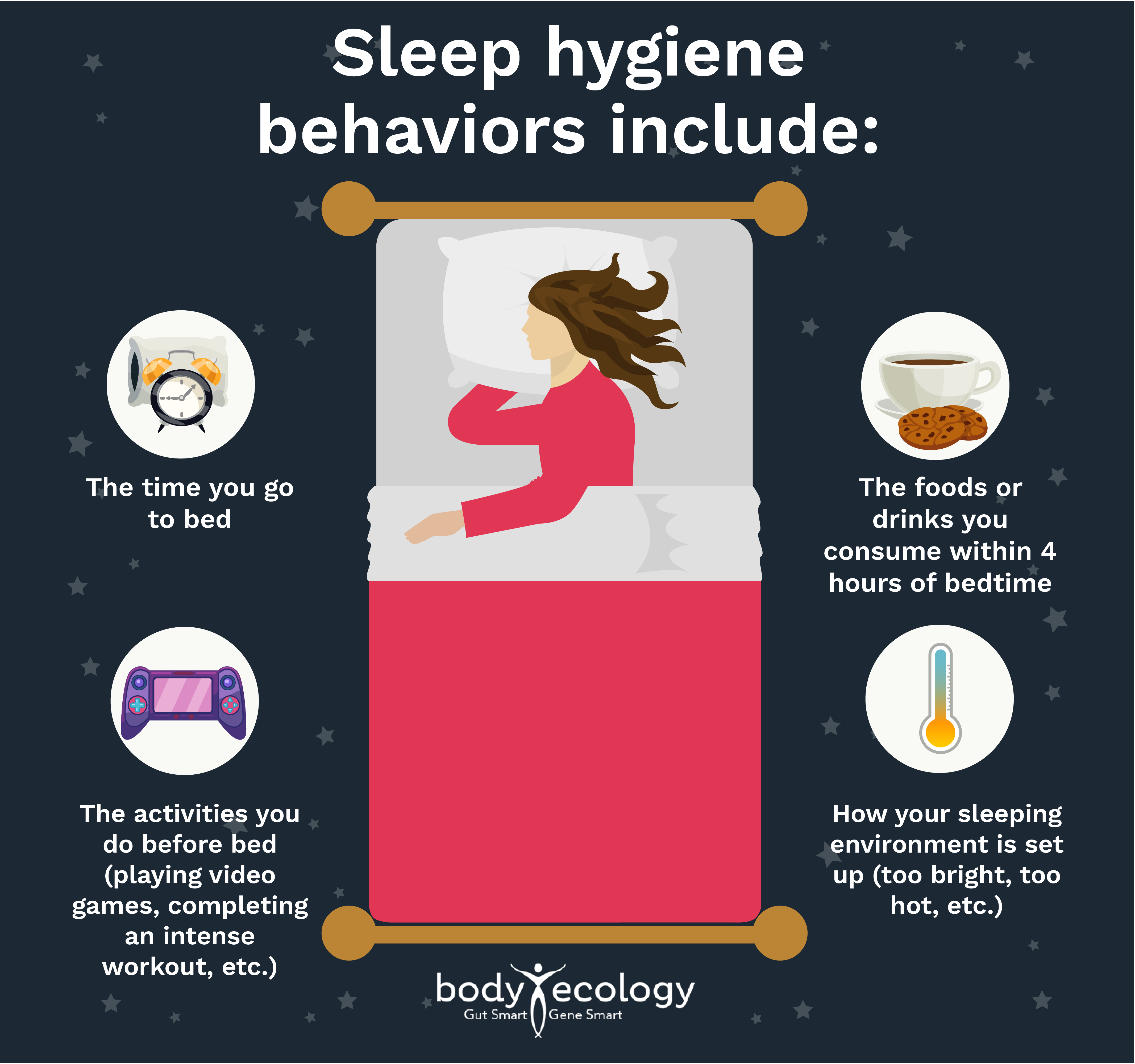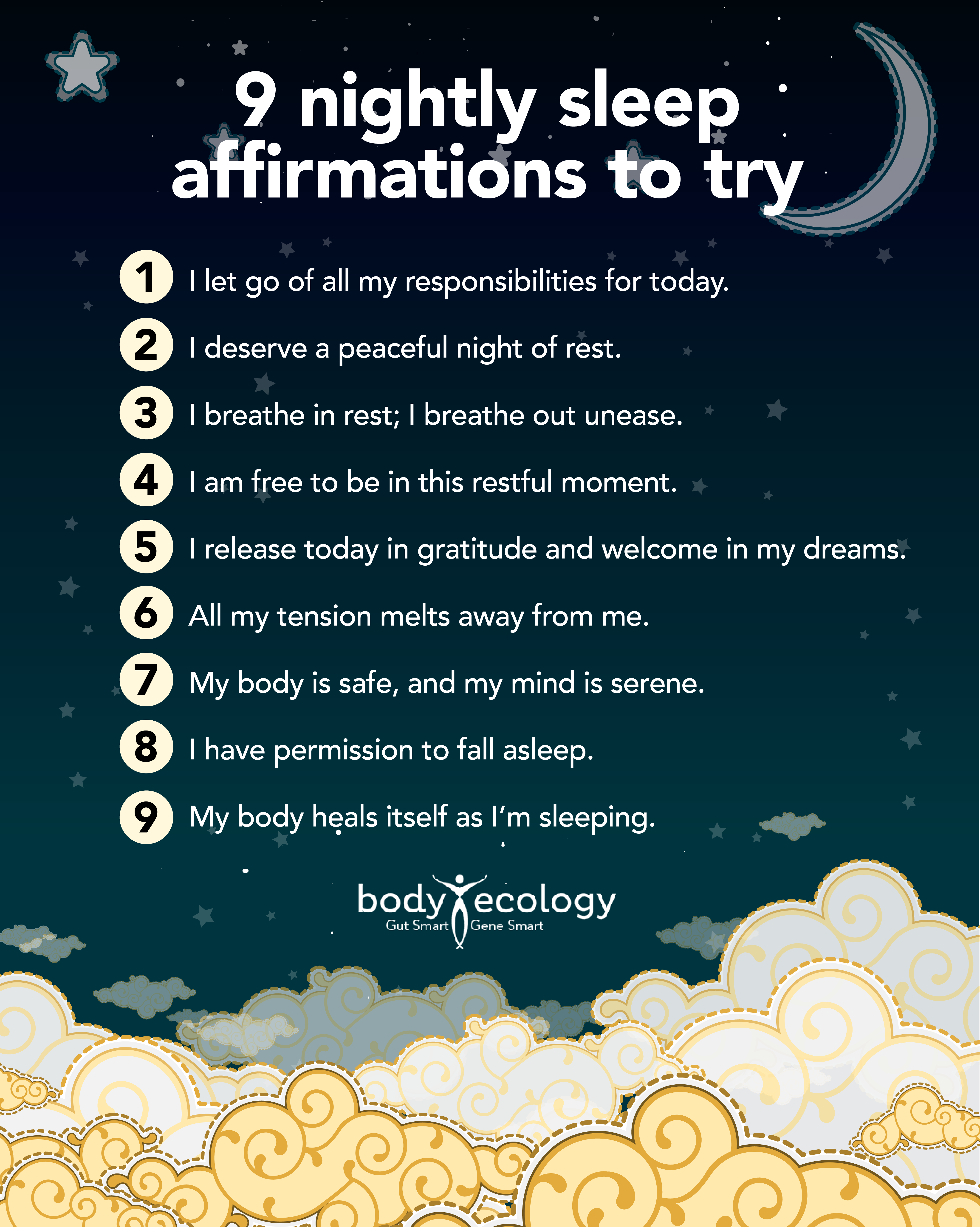
How to sleep better: Create your ultimate sleep care routine
How to Sleep Better
The phrase “self-care” is everywhere. Having a bad day? Practice self-care. Feeling stressed out by the nightly news? Don’t forget your self-care routine.
 Self-care might soon be traded for an approach to wellness: sleep care. Trending searches on Pinterest suggest that people are getting specific about how they take care of themselves, honing in on their personal wellbeing via a good night’s sleep.1
Self-care might soon be traded for an approach to wellness: sleep care. Trending searches on Pinterest suggest that people are getting specific about how they take care of themselves, honing in on their personal wellbeing via a good night’s sleep.1
Why does good quality sleep matter?
Many of us overlook the importance of good quality sleep, despite its crucial role in our physical and mental wellbeing. Not only should we consider the quantity, but also it’s quality.
Sleep is a natural process that helps our body and mind to repair and rejuvenate. It aids in repairing damaged cells, regulating hormones, and boosting the immune system. Unfortunately, in today’s fast-paced lifestyle, many of us sacrifice our sleep to accommodate our schedules.
According to the CDC, at least one-third of adults in the United States aren’t getting enough sleep at night (which, for the average adult, is at least seven hours).3 Lack of quality sleep is frustrating, but it can also negatively affect your health.
Poor sleep is associated with a number of chronic health conditions, including:4-7
- Anxiety/depression
- Diabetes (type 2)
- Heart disease
- Premature death
Never stop learning. Our full collection of Body Ecology courses can teach you about living with good health for a lifetime.
So, what’s keeping you up at night?
Interventions to improve sleep typically focus on your habits, or what’s called your sleep hygiene. You can determine this by using the Sleep Hygiene Index, which assesses what factor(s) might be contributing to poor or too little sleep.8

While these behaviors may not seem that important, they all can affect what’s known as your circadian rhythm, or your internal clock. This internal timekeeping system is what tells your brain when it’s time to wake up and when it’s time to sleep. It’s also responsible for regulating your body temperature and plays a role in digestion.
One of the major signals that tells your circadian rhythm to wake up or stay awake is light. If you’re exposing yourself to bright lights, regardless of what time of day, your brain will think it needs to be awake. Now you can see why things like playing video games or sleeping with lights on aren’t part of good sleep hygiene.
Certain colors of light can affect your sleep rhythm too. Blue light, the kind that’s emitted from our phones, TVs, and computers, can also stimulate your internal clock, making it harder to fall asleep.
A study among adults in Sweden found that poor sleep hygiene habits, such as using nicotine at night, use of bright lights at night, and irregular bedtimes, all increased the likelihood of having insomnia.9 On the other hand, good sleep habits reduce depressive symptoms and promote subjective wellbeing.10
How to cultivate your ultimate sleep care routine
If you’re one of the many people who struggle with getting quality sleep, there’s good news you’re going to appreciate. There are a number of factors you can take control of to help support a better night’s sleep.
Getting good rest depends not only on what you do at night before bed but also on how you spend your day. During the day, make an effort to get exposure to sunlight, move your body, and cut back on caffeine and other stimulants as the day progresses.
What you eat also plays a role in how you sleep. Eating fermented foods, like kimchi, kefir, and sauerkraut, promotes gut health, which can improve your sleep.11 In fact, research with mice (animals genetically similar to humans) found that GABA extracts from fermented rice can counteract the effects of stimulants like caffeine.12
Once you’ve set yourself up for a good night’s sleep, practice these habits in the evening:
1. Give yourself a bedtime. We weren’t fans of bedtimes as kids, but they’re actually an important part of getting a solid night’s rest. Figure out what time you generally need to wake up each morning and make sure you’re setting a bedtime that gives you at least seven hours of shut-eye.
2. Unplug and unwind. To avoid the negative impacts of blue light, power down your electronics at least an hour before bed. Take this screen-free time as a chance to read a book or try a relaxation practice like meditation instead.
3. Go to the dark side. Of your room, that is. Consider investing in blackout curtains and a noise machine to create an ideal environment for sleep.
Experiment with these tips and other natural soothers (like nighttime affirmations, evening yoga, and essential oils) that make you feel relaxed and at peace. Start small and try habit stacking — combining an old and a new habit — to incorporate these practices into your nightly routine.

For example, you could:
- Put away all of your electronics after you brush your teeth.
- Do a three-minute meditation after you put on your pajamas.
- Diffuse a calming scent after you set your alarm for the morning.
As always, remember the Principle of Uniqueness: Your body is uniquely yours, and some sleep “hacks” may work better for you than others. Listening to your body’s signals will make it easy — if not effortless — to create your own successful sleep routine.
REFERENCES:
- 1. “Zzz time is the new me time.” Pinterest, 2021.
- 2. Suni E, Rehman A. “Sleep Guidelines During the COVID-19 Pandemic.” Sleep Foundation, 2021.
- 3. “Sleep and Sleep Disorders.” Centers for Disease Control, 2020.
- 4. Eti Ben Simon, Aubrey Rossi, Allison G. Harvey, Matthew P. Walker. Overanxious and underslept. Nature Human Behaviour, 2019; DOI: 10.1038/s41562-019-0754-8.
- 5. Tetyana Kendzerska, Andrea S. Gershon, Gillian Hawker, George Tomlinson, Richard S. Leung. Obstructive Apnea and Incident Diabetes: A Historical Cohort Study. American Journal of Respiratory and Critical Care Medicine, 2014; 140604084050003 DOI: 10.1164/rccm.201312-2209OC.
- 6. Petrovic D, Haba-Rubio J, de Mestral Vargas C, et al. The contribution to social inequalities in cardiovascular disorders: a multi-cohort study. Cardiovasc Res., 2019 DOI: 10.1093/cvr/cvz267.
- 7. Malcolm Schantz, Jason C. Ong, Kristen L. Knutson. Associations between disturbances, diabetes and mortality in the UK Biobank cohort: A prospective population‐based study. Journal of Research, 2021; DOI: 10.1111/jsr.13392.
- 8. Mastin, D.F., Bryson, J. & Corwyn, R. Assessment of Hygiene Using the Hygiene Index. J Behav Med 29, 223–227 (2006).
- 9. Jansson-Frojmark M, Evander J, Alfonsson S. (2019). Are hygiene practices related to the incidence, persistence and remission of insomnia? Findings from a prospective community study. J Behav Med, 42: 128-138.
- 10. Peach H, Gaultney JF, Gray DD. (2016). Sleep hygiene and quality as predictors of positive and negative dimensions of mental health in college students. Cogent Psychol, 3: 1-12.
- 11. Yukino Ogawa, Chika Miyoshi, Nozomu Obana, Kaho Yajima, Noriko Hotta-Hirashima, Aya Ikkyu, Satomi Kanno, Tomoyoshi Soga, Shinji Fukuda, Masashi Yanagisawa. Gut microbiota depletion by chronic antibiotic treatment alters the wake architecture and EEG power spectra in mice. Scientific Reports, 2020; 10 (1) DOI: 10.1038/s41598-020-76562-9.
- 12. Mabunga DFN, Gonzales ELT…Choung SY. (2015). Treatment of GABA from fermented rice germ ameliorates caffeine-induced disturbance in mice. Biolmol Ther, 23: 268-274.









